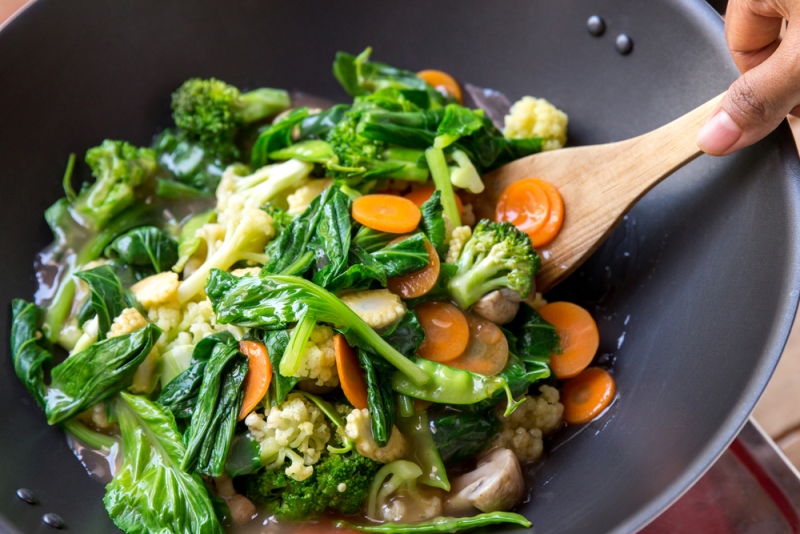Human beings are different in countless ways.
Still, we share one vital thing in common: We’re all living on the same planet. And that means we all share responsibility for what we’re doing to the the environment. Plants, animals, and ecosystems are threatened by our actions—not to mention climate patterns, water, and air.
The good news? We can fight back. Sure, most of us know the basic of reducing negative environmental impacts by changing the way we consume energy, utilizing public transit, or by going out of our way to recycle, reuse, and stop littering. But there are also other, less obvious ways to make a daily impact with global repercussions.
Start to recognize the significance of your contributions.
Now is the best time to make an effort to protect our planet. Human beings alter the natural landscape in a way that no other animal can. We’re responsible for an ongoing mass extinction event—the sixth extinction of its scale in planetary history—and we’re wastefully the earth’s limited resources. Many experts today agree that humans (and their dirty habits) are causing the planet to warm, which will almost certainly lead to dramatic changes in sea levels and further waves of extinctions unless drastic steps are taken. And soon.
There’s only so much a person can do to control the actions of other people, corporations, and foreign countries. But that doesn’t mean each of us can’t do something about one very real source of environmental destruction: ourselves.
Individual acts may seem insignificant. But bundled together, those ripples turn into massive waves. And if everyone adopts a few good environmental habits, things will change. It’s just simple math.
What you eat matters.
It’s not just the car you drive or how you dispose of your household waste: Your diet affects the environment, too.
The foods we eat have to come from somewhere. And the further away that “somewhere” is, the more fuel required for transport, energy for refrigeration, and plastic for packaging. Then there’s the kind of food people eat; how it was grown, and how much water and other resources were required to grow it. What we choose to consume directly affects the planet. Each and every bite.
There’s a way around this, of course. By limiting the intake of processed foods, which are made by energy-guzzling factories, require excess packaging, and are often shipped from far away, we have the power to curb greenhouse gases while choosing whole fruits, vegetables, and grains that will trim our waistlines and lower our impacts. There are thousands of dietary supplements to help jump-start this process. Nutrition lines like NetNutri offer dietary supplements and natural personal care items that are can help chart a course to wellness and a gentler environmental impact.

Lastly, rethink your commitment to meat consumption. One kilogram of meat requires 100 times the amount of water to grow 1 kilogram of grain protein. When you consider that agriculture is the third-biggest contributor to greenhouse gases, you start to get a pretty clear picture of just how serious things are.
Put your money where your mouth is.
Financial portfolios may not seem like the most obvious places for environmental activism; but where we invest makes a difference. Some investment strategies put an emphasis on sustainability and eco-friendly companies. With a sustainable investment strategy, money can go to support businesses we can all feel good about. The best part is, investing is far less complicated than it seems. Just pick up a sustainable exchange-traded fund such as VFTSX for an all-in-one-solution. You’ll be increasing your wealth while supporting companies that are working to make our world a better place.
This doesn’t stop at individual investors. Activism has even encouraged major organizations to take steps to banish fossil fuels and other unsustainable industries from their portfolios. Cambridge University in the UK, for instance, has already made the change.
You should absolutely continue to think of the Earth when you recycle or choose a hybrid car. But don’t lose sight of all the little ways, every day, you can make a difference—from what you eat to where you invest.